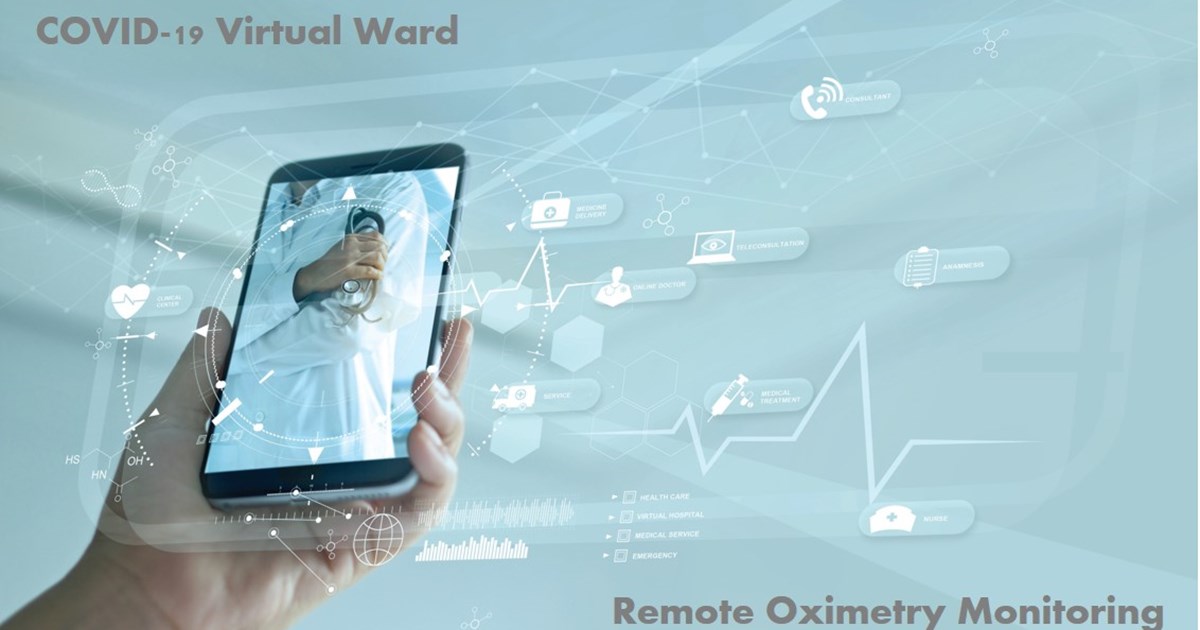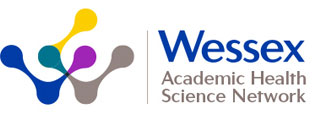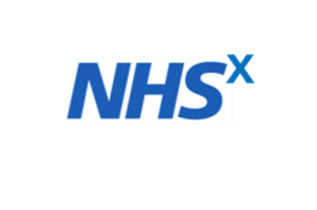Virtual wards monitor early deterioration of COVID-19 patients at home

Oxygen levels will be remotely monitored in COVID-19 patients across the south east in a new virtual ward programme being supported by computer scientists from the University of Southampton, IT Innovation Centre.
The community monitoring will enable early identification of patient deterioration and timely and appropriate interventions, including escalations to higher levels of acute care through hospital admissions.
The University of Southampton IT Innovation Centre has won a major NHSX project with North and Mid Hants Integrated Care Partnership and the Wessex Academic Health Sciences Network to deploy and scale the remote pulse oximetry in the region.
COVID-19 has forced rapid, accelerated change within the NHS to embrace digital innovations such as remote consultation and remote monitoring. Remote interactions not only reduce infection rates by reducing physical contact but offer news ways of delivering emergency care.
Remote Community Oximetry Care (RECOxCARE) is one such innovation, providing a way for clinicians to remotely monitor patients at home, avoiding the need for attendances to GP practices or hospital.
The new insight will also allow the rapid follow up of patients post hospital discharge, particularly for those frail, elderly and vulnerable patients with multiple long-term conditions at high risk of adverse complication events and re-admission to hospital.
Dr Matt Inada-Kim, National Clinical Lead Deterioration & National Specialist Advisor Sepsis, NHS England and NHS Improvement, and Emergency Consultant at Hampshire Hospitals Foundation Trust, says: A characteristic of COVID-19 is that some patients suffer from silent hypoxia where oxygen saturation levels fall to dangerously low levels without noticeable difficulties when breathing.
During the first wave, patients were arriving at hospital in a serious condition, significantly more poorly than their symptoms would suggest. RECOxCARE aims to empower patients with oximetry at home and allow clinicians to spot early deterioration, initiate timely escalation and reduce mortality risk.
Professor Michael Boniface, Director of the University of Southampton IT Innovation Centre, and leader of the RECOxCARE digital work stream, says: The technology to remotely observe oximetry, vital signs and symptoms is relatively straight forward, but rapidly integrating observation data into safe clinical processes and across different primary and secondary clinical context raises significant challenges of interoperability and timely access to data needed for direct care.
Monitoring oximetry and other risk factors over the full disease trajectory also allows for greater understanding of COVID-19 and for better clinical models to be developed. Through the Wessex ARC PPDRCOM project (Predicting Patient Deterioration in Communities) we will exploring how predictive analytics techniques can be used to understand which COVID-19 patients are at most risk in different care settings.
The RECOxCARE project is funded by NHSX as part of a South East Regional scale programme to support people at home through report monitoring.


